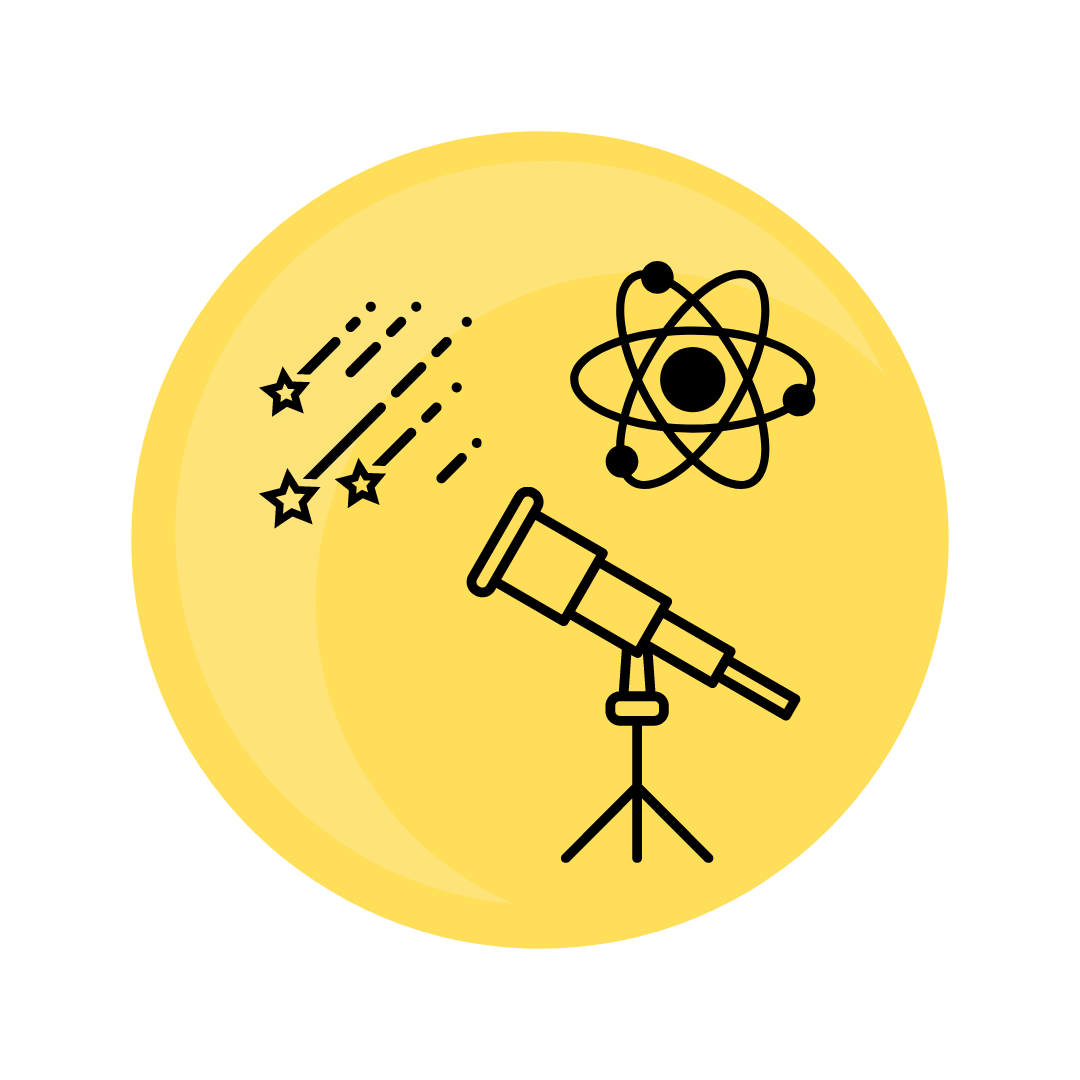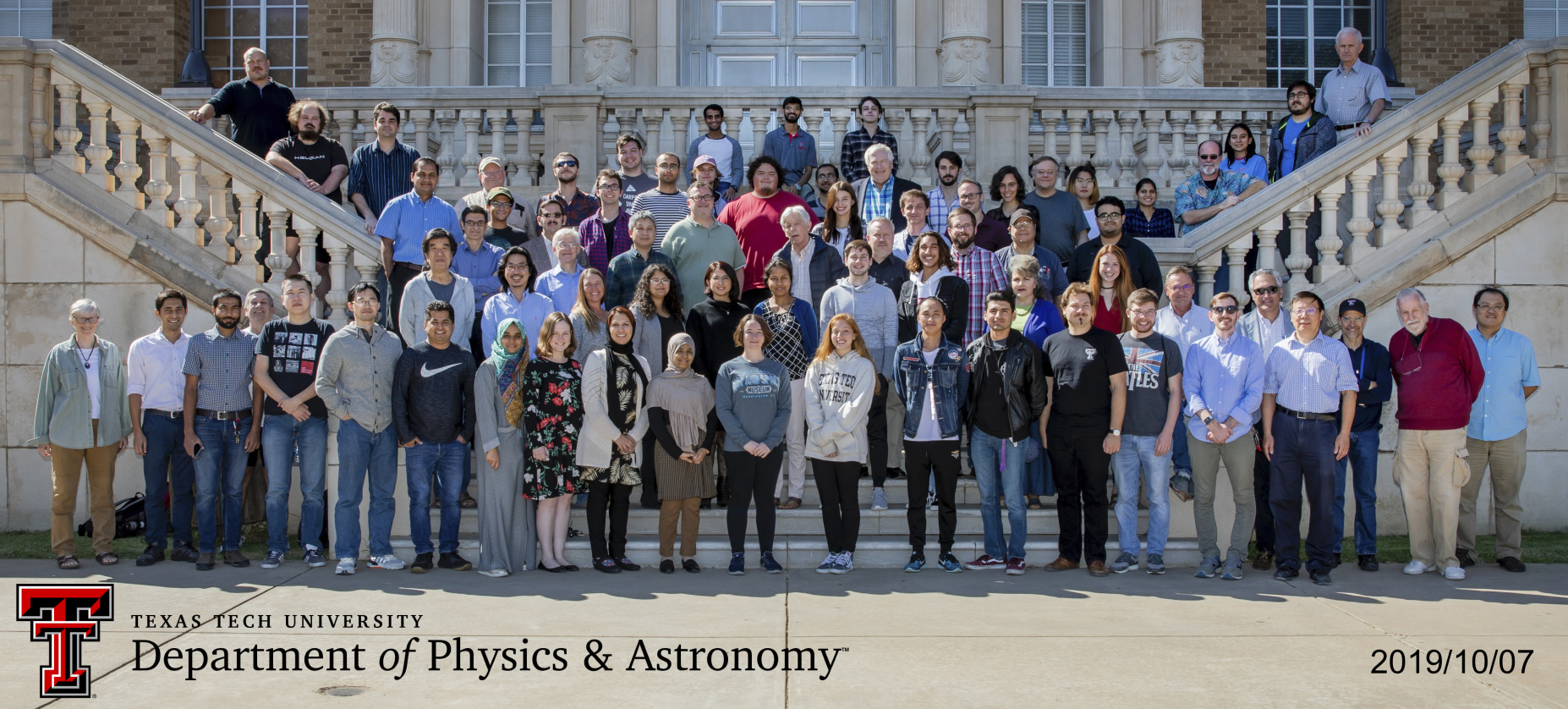Department of Physics & Astronomy
Are you....Persistent? Engaged? Inquisitive?

Education is our passion and we take pride in teaching our students well at all levels. Our introductory courses comprise inquiry-based sections as well as sections dedicated to physics majors and honors college students. In the recent past, we upgraded teaching labs and classrooms to include technologies that make a better learning environment for our students and we will continue on this path. Our undergraduate majors now number 140+ and are individually advised by a dedicated advisor throughout their careers here.
Why Physics & Astronomy?
Our Physics program is relatively small compared to other science and engineering programs on campus. Everybody gets to know everybody in this tight-knit community of faculty, staff, and students. Our student organizations, The Society of Physics Students and Women in Physics, are two of the most active and fun organizations on campus. Our faculty are very generous with their time and encourage undergraduate students to work with them on their trailblazing research projects.
As an ambitious department, we are on our way to becoming one of the major physics and astronomy departments in our nation. In the last several years, The American Institute of Physics has repeatedly acknowledged our Society of Physics Students (SPS) chapter as outstanding for their myriad activities in research, peer mentoring, community engagement, and other initiatives. In addition to the courses we offer, we engage our undergraduate students in cutting-edge research in the department and at research facilities around the globe where we work.
Our departmental research spans astronomy and astrophysics, high-energy particle physics, condensed matter physics, including nanotechnology and optics in nanoscale, physics education, and biophysics. Our high-energy particle physics and astrophysics faculty members are distinguished members of the collaborations that discovered the Higgs boson in 2012 (CMS CERN) and detected, for the first time, the gravitational waves originating from a black hole merger in 2016 (LIGO).
Department Information:
Academic Advising
Dr. Melanie Ungar, Academic Advisor
Book an appointment via Strive or email at melanie.ungar@ttu.edu
Pro Tip: Suggest 3 possible appointment time slots!
Majors
B.S. in Physics, Applied Physics Concentration
B.S. in Physics, Astrophysics Concentration
B.S. in Physics, Professional Physics Concentration
Minors
Physics
Astronomy
Potential Career Opportunities
Graduate study
-
- Physics
- Astrophysics
- Engineering
Career fields
-
- Industry
- National laboratories
- Academia
Jobs
-
- Engineers
- Data scientists
- Lab and observatory technicians

Majors & Minors Fair
-
Address
Drane Hall 1st Floor, Box 45020, Lubbock, TX 79409 -
Phone
806.742.5928 -
Email
studentengagement@ttu.edu

